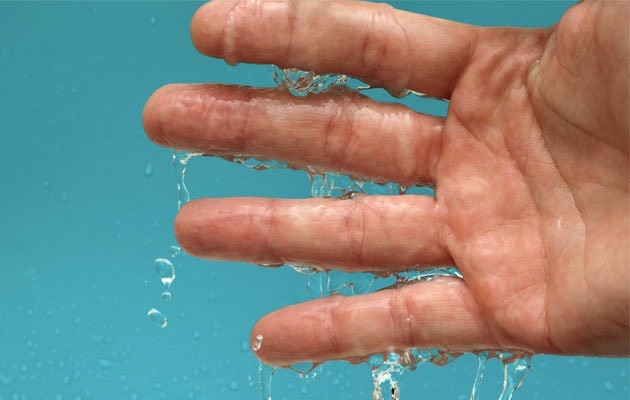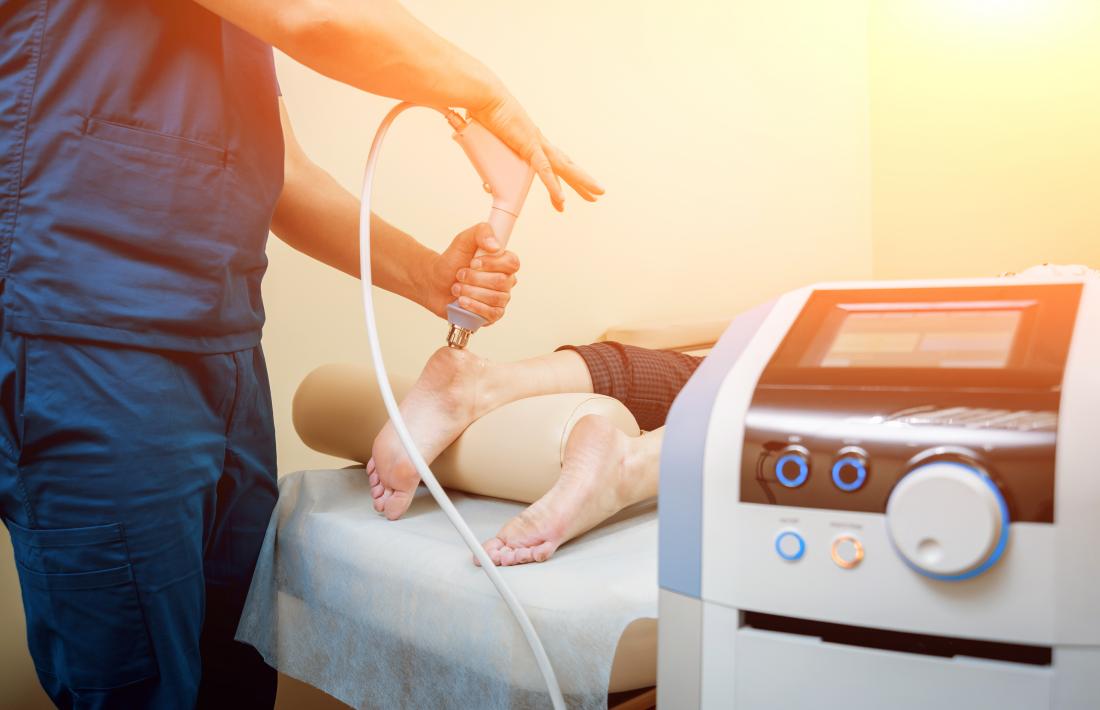Effective Dermatology Solutions for Excessive Sweating: How to Stop Sweaty Hands and Feet
Effective Dermatology Solutions for Excessive Sweating: How to Stop Sweaty Hands and Feet
Blog Article
Understanding the Origin of Excessive Sweating and Its Effect On Every Day Life
Extreme sweating, also recognized as hyperhidrosis, is a problem that influences a significant section of the population, yet its underlying reasons and ramifications on daily working continue to be rather enigmatic. While it is commonly comprehended as a physical reaction to manage body temperature, the triggers for extreme sweating can differ commonly among people, including not only physical elements yet mental and also psychological components. Moreover, the impact of this problem expands past simple pain, commonly influencing social interactions and total high quality of life. By diving into the source of hyperhidrosis and exploring its complex effects, a deeper understanding of this prevalent issue can be obtained, losing light on the intricacies that people facing too much sweating browse each day.
Physiology of Sweat Glands
The regulation of sweat manufacturing, a vital physical process, is largely controlled by the activity of sweat glands distributed throughout the human body. Sweat glands are categorized into 2 primary types: eccrine and apocrine glands.
When the body temperature level climbs, either because of physical task, high temperature levels, or emotional anxiety, the nerves activates the sweat glands to produce sweat. This sweat is made up mostly of water and electrolytes like salt and chloride. The process of sweat production is crucial for keeping the body's interior temperature level within a narrow, optimal array, highlighting the vital function gland play in human physiology.
Triggers for Excessive Sweating
In comprehending the source of excessive sweating, it is essential to identify the triggers that can cause this physiological feedback. Excessive sweating, additionally called hyperhidrosis, can be motivated by different aspects, both ecological and physiological. One typical trigger is psychological stress and anxiety or anxiousness, which can promote the body's sweat glands to generate more sweat than is required for cooling down. Physical exertion, high temperatures, and spicy foods are additionally understood to cause too much sweating in individuals susceptible to this condition. Additionally, specific medical conditions like menopause, hyperthyroidism, or diabetic issues can add to too much sweating also.
Additionally, medications such as some antidepressants, opioids, and specific supplements can also function as triggers for hyperhidrosis. Recognizing these triggers is crucial in managing excessive sweating successfully - Sweaty hands treatment. By determining and resolving the specific triggers that prompt too much sweating in a specific, healthcare providers can develop tailored therapy plans to reduce this problem and enhance the individual's top quality of life
Medical Conditions Associated
Associated with extreme sweating are various clinical problems that can exacerbate this physiological feedback. One common problem is hyperhidrosis, a disorder characterized by extraordinarily enhanced sweating that surpasses the body's thermoregulatory needs. This can materialize in focal areas like the palms, soles, underarms, or face, influencing a person's lifestyle due to social humiliation and pain.
Additionally, endocrine problems such as hyperthyroidism, diabetic issues, and menopausal warm flashes can also lead to excessive sweating. Hyperthyroidism triggers an overproduction of thyroid hormonal agents, accelerating metabolic process and causing sweating. Diabetes can induce sweating episodes, specifically throughout hypoglycemic episodes when blood sugar degrees drop too reduced. Menopausal warm flashes, associated to hormonal variations during menopause, can cause unexpected and extreme sweating, often accompanied by flushing and heart palpitations.
Moreover, infections like tuberculosis, HIV, and endocarditis have actually been related to night sweats, a common signs and symptom recognized to interfere with rest and influence general wellness. These clinical conditions highlight the diverse series of underlying factors that can add to excessive sweating, necessitating complete evaluation and management by healthcare specialists.
Psychological and Emotional Aspects

Effect On Social Communications
Excessive sweating can have profound effects on an individual's capability to engage conveniently in social interactions. The visible signs of sweat stains or wet spots on garments can cause humiliation and self-consciousness, triggering individuals to withdraw from social scenarios. This withdrawal can impact partnerships, limitation social activities, and prevent individual and expert growth.

Furthermore, the anxiety and self-confidence issues originating from excessive sweating can influence communication and social abilities. Individuals may battle to focus on discussions, participate in group tasks, or share themselves confidently. This can bring about feelings of isolation and isolation, as social links become challenging to preserve.
Final Thought

While it is typically comprehended as a physical action to manage body temperature level, the triggers for too much sweating can differ commonly among people, incorporating not just physical variables however likewise psychological and mental aspects. By delving into the origin triggers of hyperhidrosis and exploring its multifaceted results, a much deeper understanding of this pervasive issue can be gained, losing light on the complexities that individuals grappling with too much sweating navigate on a day-to-day basis.
Physical physical effort, high temperatures, and spicy foods are additionally understood to set off too much sweating in individuals vulnerable to this navigate to these guys condition. By identifying and resolving the certain triggers that prompt extreme sweating in an individual, health care companies can create customized next therapy plans to ease this condition and enhance the person's top quality of life.
Extreme sweating can have extensive results on an individual's capability to involve comfortably in social interactions.
Report this page